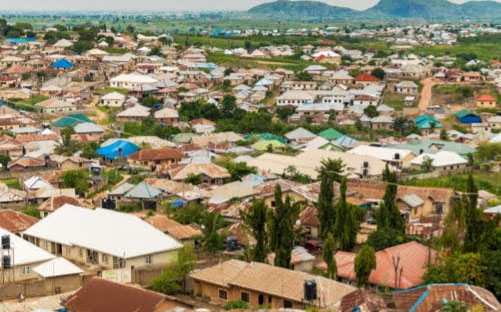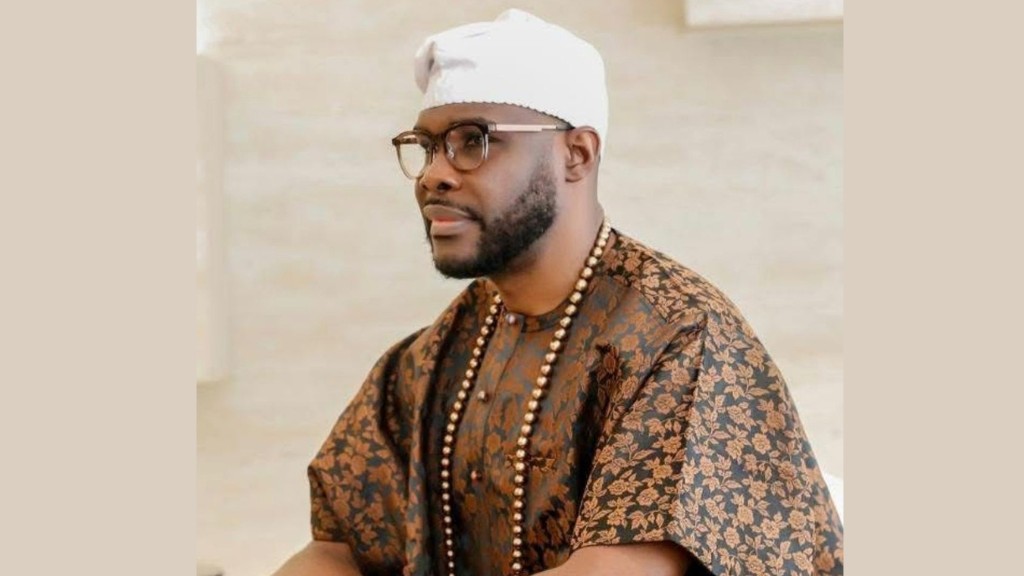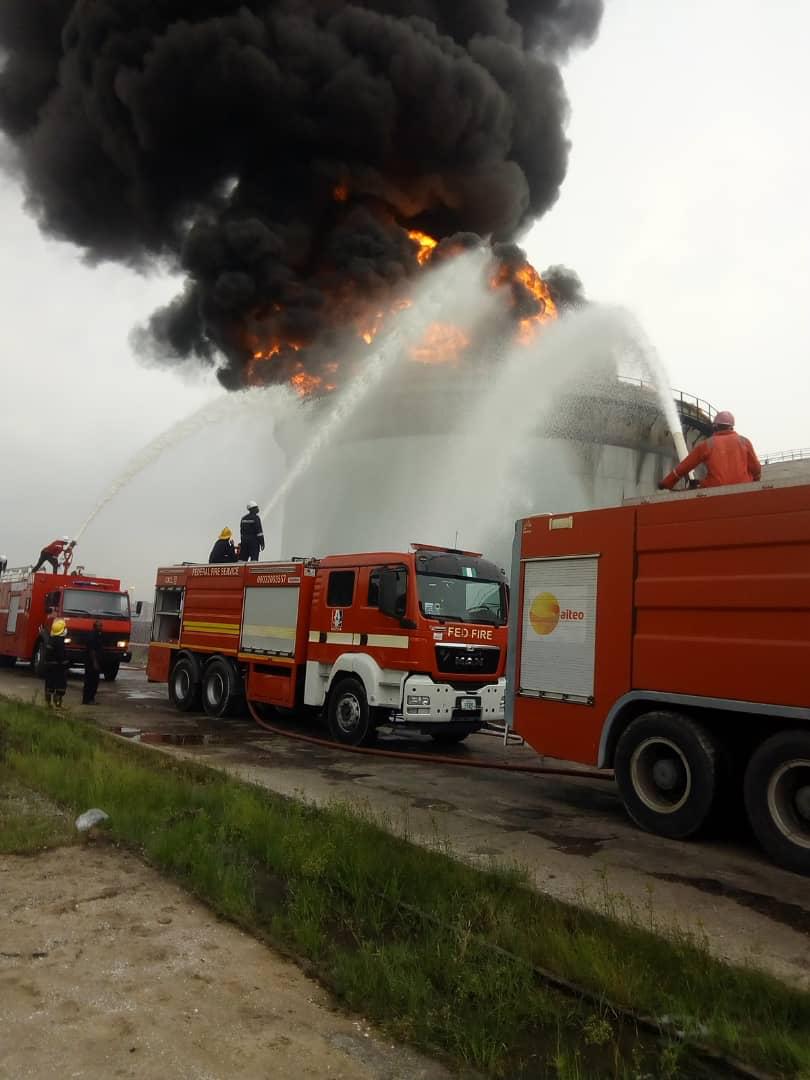
Action Aid Nigeria has expressed concern over the survey by the Nigeria Bureau of Statistics (NBS) revealing that 72 percent of people living in rural communities are poor while 42 percent of those living in urban areas are said to be poor.
Citing statistics during the commemoration of the International Day for the Eradication of Poverty at the Gofina Community, FCT, the Assistant Country Director ActionAid Suwaiba Mohammad Dankabo expressed worry that the burden of poverty is disproportionately higher in rural areas.
She also raised concern that 29 percent of school-aged children are not attending school, with a staggering 94 percent of these out-of-school children living in poverty.
Furthermore she noted that over 26% of Nigerians living multidimensional poverty reside in households with a child between the ages of 6 and 15 that is out of school.
Dankabo, however, called on the government to address the disparities between rural and urban areas, recognizing that poverty rates are higher in rural regions, and Implement programmes that focus on rural development, infrastructure, and access to resources.
She said, “government must recognize the disparities between rural and urban areas and implement strategies that reduce these disparities. This includes improving access to quality services, education, healthcare, and livelihood opportunities in rural regions.
“Establish a robust system for monitoring multidimensional poverty, enabling data-driven decision-making and policy adjustments. Regular surveys, such as the NBS multidimensional poverty index, are essential for tracking progress and addressing new challenges.”
Speaking of the theme of the celebration “Decent Work and Social Protection: Putting Dignity in Practice for All, Dankabo called on the government to Introduce policies that promote job creation, fair wages, and safe, inclusive work environments.
She stated the policies will encourage decent work opportunities that empower individuals to break free from the cycle of poverty, saying the private sectors must also embrace the policy.
Action Aid further stressed the need to prioritize access to education, healthcare, adequate nutrition, and safe environments for children adding that a comprehensive healthcare programme must be developed that provides accessible healthcare services, particularly for those in rural area
She also advocated the need to eliminate barriers to education by increasing access to quality education and providing support for vulnerable school-aged children, establishing and funding programmes that encourage school attendance and address the specific needs of the children.
According to her, there is a need to develop programmes and policies that combat gender-based discrimination and create pathways for women to thrive in various sectors, saying when women are economically and socially empowered it can significantly impact multidimensional poverty rates.
Action Aid said the government must strategically Invest in vocational training and education programmes that align with the evolving demands of the labour market, to equip people with practical skills that make them more competitive in the job market.
“The government also need to Implement programs and services that ensure the survival and development of young children, focusing on birth attendance, and play facilities.”
She assured that ActionAid Nigeria is deeply committed to the cause of eradicating poverty in all its forms, as over the years they have worked tirelessly to empower communities, amplify their voices, and advocate for policies that foster inclusivity and equity.
However she stressed that collective effort is needed from all stakeholders, CSOs, Corporate organisations, Federal, State, and local governments, ministries, departments and agencies to take a stand against poverty.
[ad unit=2]






